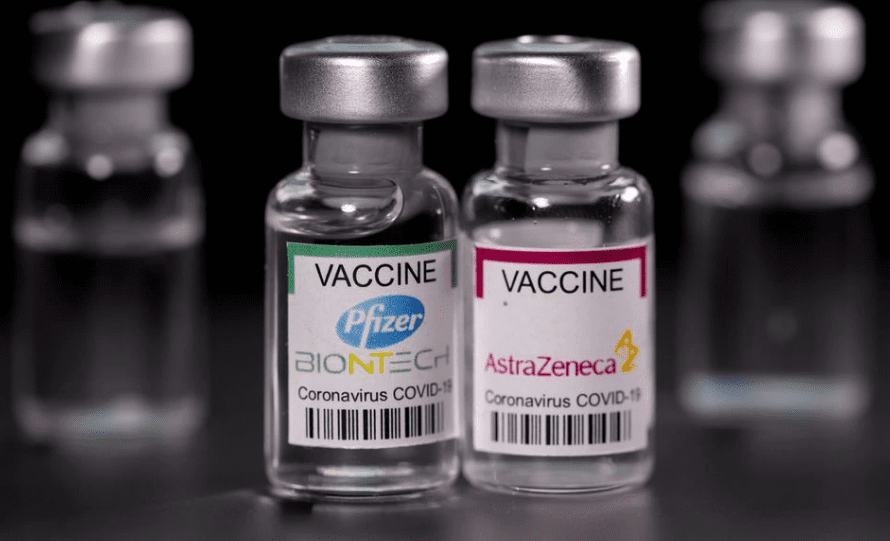There is conflicting evidence about the efficiency of the J&J vaccine against the Covid-19 strain, which is being driven by the Delta coronavirus.
Some patients are hoping to improve their protection by adding an mRNA vaccine from Pfizer/BioNTech or Moderna to their J&J shot.
According to the WHO, the AstraZeneca vaccine can now be used interchangeably with an mRNA vaccine from Pfizer/BioNTech or Moderna, offering countries suffering from supply disruptions a new lease on life.
A minimum of 14 days should elapse between the administration of the ChAdOx1-S vaccine and any other immunization against other conditions.
To combat the Delta strain, Kenya is considering importing the Johnson and Johnson vaccination alongside Pfizer and AstraZeneca.
According to the WHO, a single dose of AstraZeneca followed by an injection of Pfizer/BioNTech or Moderna’s mRNA vaccine was more effective than two doses of AstraZeneca.
“Countries can consider using ChAdOx1-S [recombinant] products followed by a mRNA platform vaccine (i.e. BNT162b2, mRNA-1273), in particular in situations of interrupted supply,” the WHO said.
The Delta Variant, which experts say spreads like wildfire, has resulted in an increase in new infections around the world, with Kenya’s fourth wave being blamed on it, according to the Ministry of Health.
“Recent estimates of vaccine effectiveness against hospitalization with Delta (B.1.617.2) were 71% (95% CI 51-83%) after 1 dose and 92% (95% CI: 75-97%) after 2 doses of ChAdOx1[recombinant] vaccine,” A study released by the WHO says.
The Delta variation is claimed to be 60% more infectious than the Alpha variant, with a recent Chinese study finding a 1000-fold increase in viral load in patients with the variant.
The disease is extremely transmissible because those who are affected with the variant shed more viruses.
In the meanwhile, pregnant women should have two doses of the vaccination. More research is needed, according to the WHO, before a more complete advice may be given.
“In the interim, WHO recommends the use of ChAdOx1-S [recombinant] vaccine in pregnant women only if the benefits of vaccination to the pregnant woman outweigh the potential risks,” WHO says.
Pregnant women, according to the World Health Organization, are at a higher risk of severe instances of covid-19, the virus’s disease, than other persons their age group.
Pregnancy increases the likelihood of experiencing severe covid-19 symptoms, which can lead to pregnancy problems.
Covid-19 increases the chance of preterm birth, according to the US Centers for Disease Control and Prevention.




